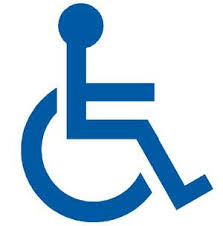incapacity
英 [ˌɪn.kəˈpæs.ə.ti]
美 [ˌɪn.kəˈpæs.ə.t̬i]
- n. 无能力,无能

记忆方法
1、in- "not" + cap + -acity(复合后缀:-ace, -ity).
2、-ace is from Latin adjectival suffix -ax, genitive -acis.
3、含义:without ability to hold.
2、-ace is from Latin adjectival suffix -ax, genitive -acis.
3、含义:without ability to hold.
英语词源
- incapacity (n.)
- 1610s, from French incapacité (16c.), from Medieval Latin incapacitatem (nominative incapacitas), from Late Latin incapax (genitive incapacis) "incapable," from in- "not" (see in- (1)) + Latin capax "capable," literally "able to hold much," from capere "to take" (see capable). Often used 17c. as a legal term referring to inability to take, receive, or deal with in some way.
权威例句
- 1. Patients with no mental incapacity can refuse treatment.
- 没有精神缺陷的病人可以拒绝治疗。
- 2. their incapacity to govern effectively
- 他们缺乏有效治理的能力
- 3. His incapacity for kindness makes everybody dislike him.
- 他不能与人为善,使得大家都讨厌他.
- 4. A sole proprietorship ends with the incapacity or death of the owner.
- 当业主无力经营或死亡的时候,这家个体企业也就宣告结束.
- 5. The earlier drawings betray a complete incapacity to group animals.
- 早期的图画暴露了他们完全缺乏描绘成群野兽的能力.